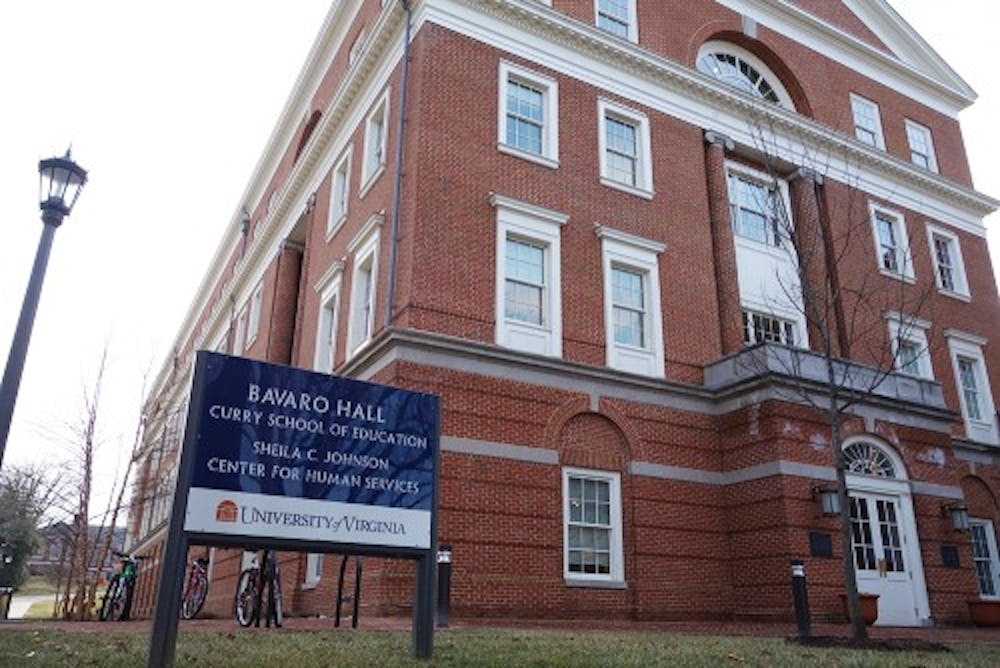The Curry School of Education will offer a Master of Teaching program in special education in the University’s Northern Virginia Center beginning this fall.
The program aims to help address the nationwide shortage of special education teachers while expanding opportunities for Curry students in Charlottesville who wish to take classes or student teach in Northern Virginia.
Linda Boone, administrative manager of Curry’s Teacher Education Program, said the program is part of Curry’s state-approved teacher preparation program leading to a professional teaching license in special education-general curriculum, which includes K-12.
“We have been approved to offer such a program at U.Va. since the early 1970s,” Boone said in an email statement. “There are less than 30 such programs in the state, and we are one of only 23 to do so at the graduate level.”
Through the new program the University will prepare students for a future as special education teachers, a profession currently in high demand.
“It is probably one of the more difficult teaching jobs because these are ‘the students who don’t learn easily,’” Boone said. “For that reason, it can also be one of the most intrinsically rewarding.”
Although the program will be offered in Northern Virginia instead of in Charlottesville, it will still require the same coursework, supervised fieldwork and other licenses. However, the timing of the classes will be different, which Boone said could benefit students on Grounds.
“When courses are offered varies a bit from what is offered on grounds, but that simply expands opportunities for those in Charlottesville who may spend their summers in [Northern Virginia], since they can take the courses at either location,” Boone said.
The program importantly creates relationships for fieldwork with local schools for the graduate students in Northern Virginia, said Bill Therrien, program coordinator of the Curry School’s special education program. This will also give Curry students in Charlottesville more options when it comes to semester-long student teaching internships, he said.
The Northern Virginia program will serve mostly part-time students who are already working in education, another major difference between the Northern Virginia and on-Grounds programs, Therrien said.
“If school districts try to look for someone who has their certification in special education but can’t find one, they can work with the state provisionally or on an emergency basis to certify someone,” Therrien said. “That individual agrees to pursue their full licensure. That is the student population that we target.”
These students, who are often already certified in other areas such as social studies or elementary education, are given three years to complete the required coursework after obtaining a provisional license. While this helps to fill open positions for special education teachers, this system is not always ideal, Boone said.
“It can be a bit of a catch-22,” Boone said. “Schools can’t find professionally licensed teachers, so they hire provisionally licensed teachers who can struggle because they don’t have the training they need yet to start successfully. They tend to burn-out faster, causing higher turn-over.”
The new Curry program will help to address the demand for special education teachers.
“With U.Va. being a state institution, one of our primary goals is to serve the needs of the state,” Therrien said. “This is a critical need. We see it as our responsibility to do the most we can to make a difference there.”





